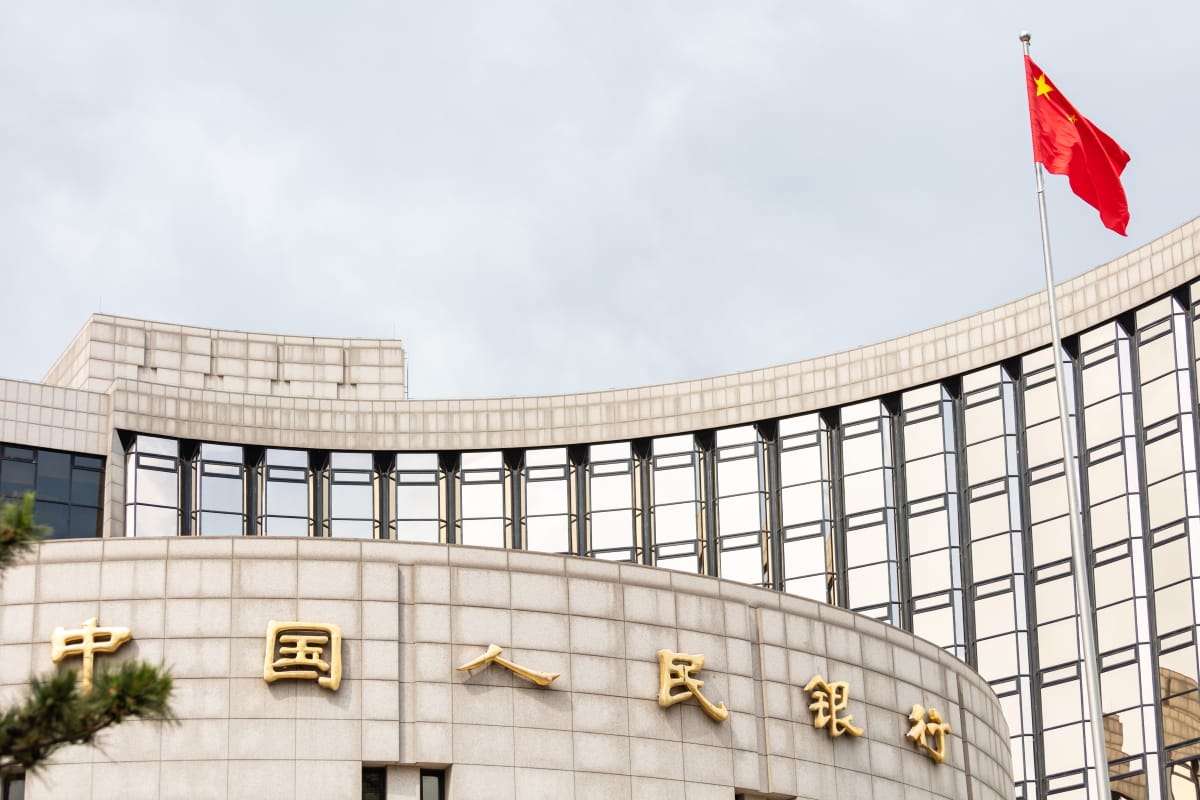China just announced that it will allow foreign institutional investors to directly trade on the onshore bond market from June 30 in a bid to reignite interest in renminbi-based debt. The People’s Bank of China (PBOC) said the move would “help expand capital inflows to China” as global investors have dumped a record $35 bn of Chinese debt in the first four months of 2022.
The exodus of foreign capital from Chinese bonds started as the country went into a lockdown, while the Ukraine-Russia war also spooked investors. The renminbi has fallen over 5% against the US dollar in 2022.
The opening announced by the PBOC will now allow institutional investors such as central banks, sovereign funds, commercial banks, and pension funds, to buy exchange-traded bonds in China, which accounts for 10% of the overall bond market. The rest 90% is the centralized interbank bond market which was already open for foreign investors.
Significance for China bonds
PBOC said that the move will widen international participation in its 138.2 tn yuan ($20.6 tn) bond market. Additionally, China Securities Regulatory Commission (CSRC) said foreign institutional investors can also access the exchange-traded bonds through the Hong Kong stock connect scheme, which connects stock markets in the mainland and Hong Kong. However, this option for investing will take about two months to launch.
The move essentially opens all of China’s bond markets, and the PBOC said foreign institutions held 3.9tn yuan ($582 bn) worth of debt instruments in the world’s second-biggest bond market.
“It will help diversify investors, improve bond market liquidity and stability, facilitate capital inflows, and improve balance of international payments,” the PBOC said in its statement.
Meanwhile, the CSRC separately said that it will be adding exchange-traded funds to the Hong Kong stock connect scheme in a bid to boost the country’s global market integration while also supporting Hong Kong’s ETF market.


 Australia
Australia China
China India
India Indonesia
Indonesia Japan
Japan Malaysia
Malaysia Philippines
Philippines Singapore
Singapore South Korea
South Korea Taiwan
Taiwan Thailand
Thailand Vietnam
Vietnam







